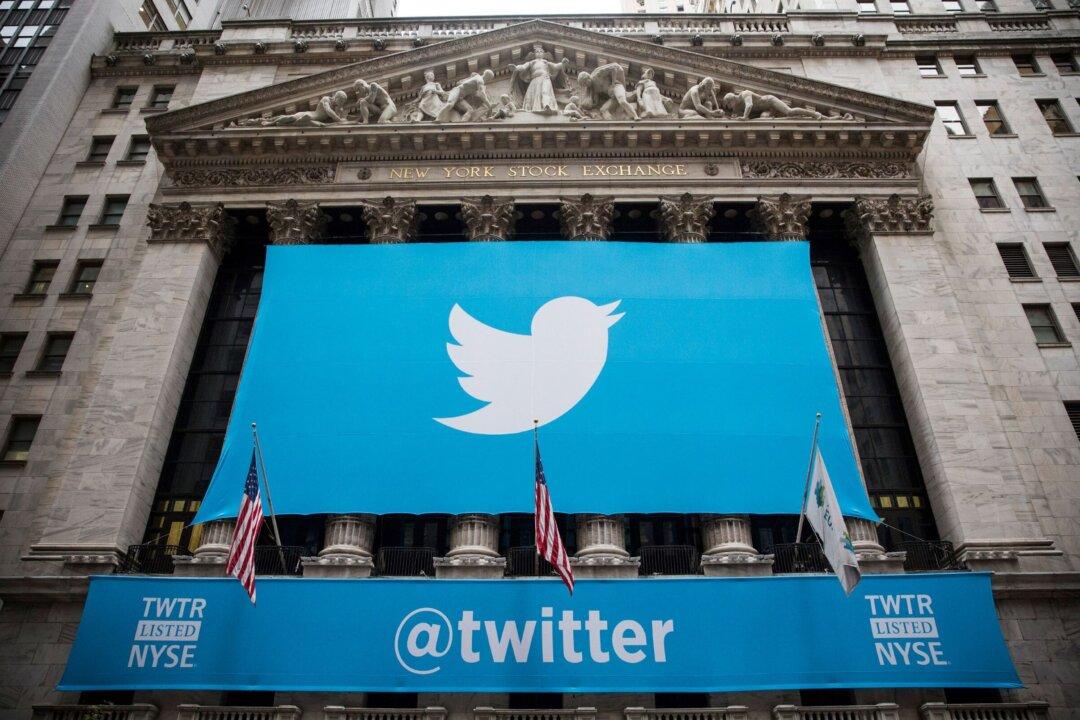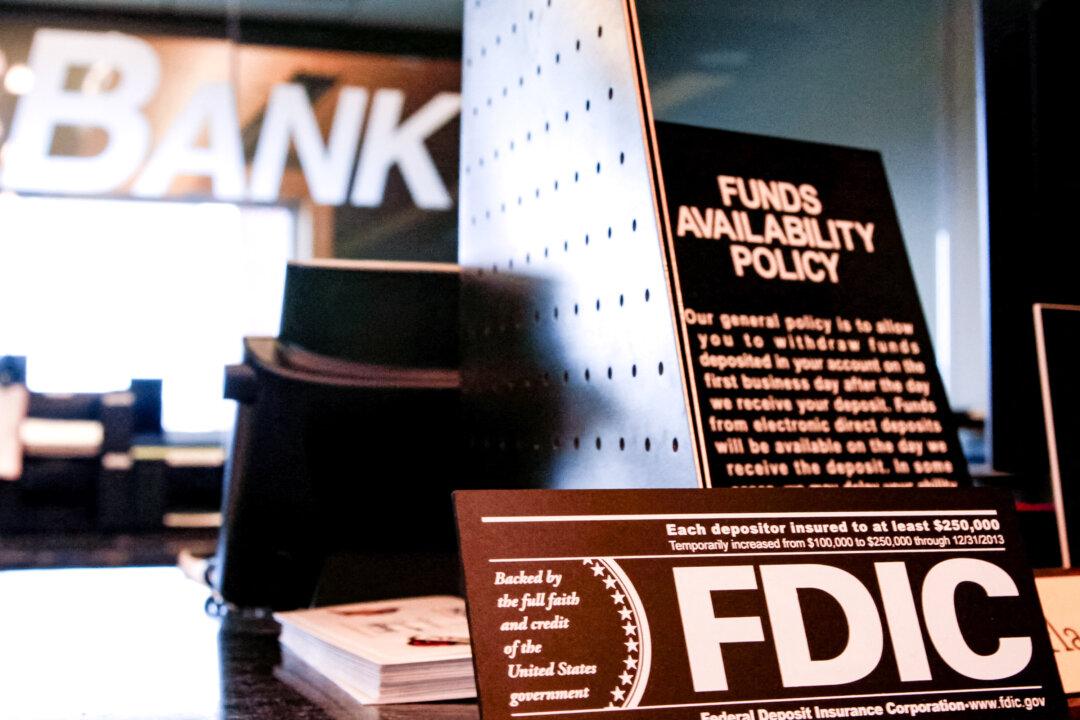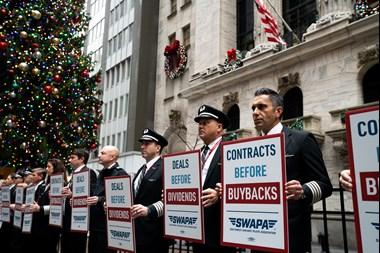Commentary
Elon Musk’s attempted takeover of Twitter has generated mountains of news and comment since his 13D filing with the SEC announced his ownership of 9.2 percent of the common stock on April 4th. (Subsequent filings reduced that amount to 9.1 percent)





